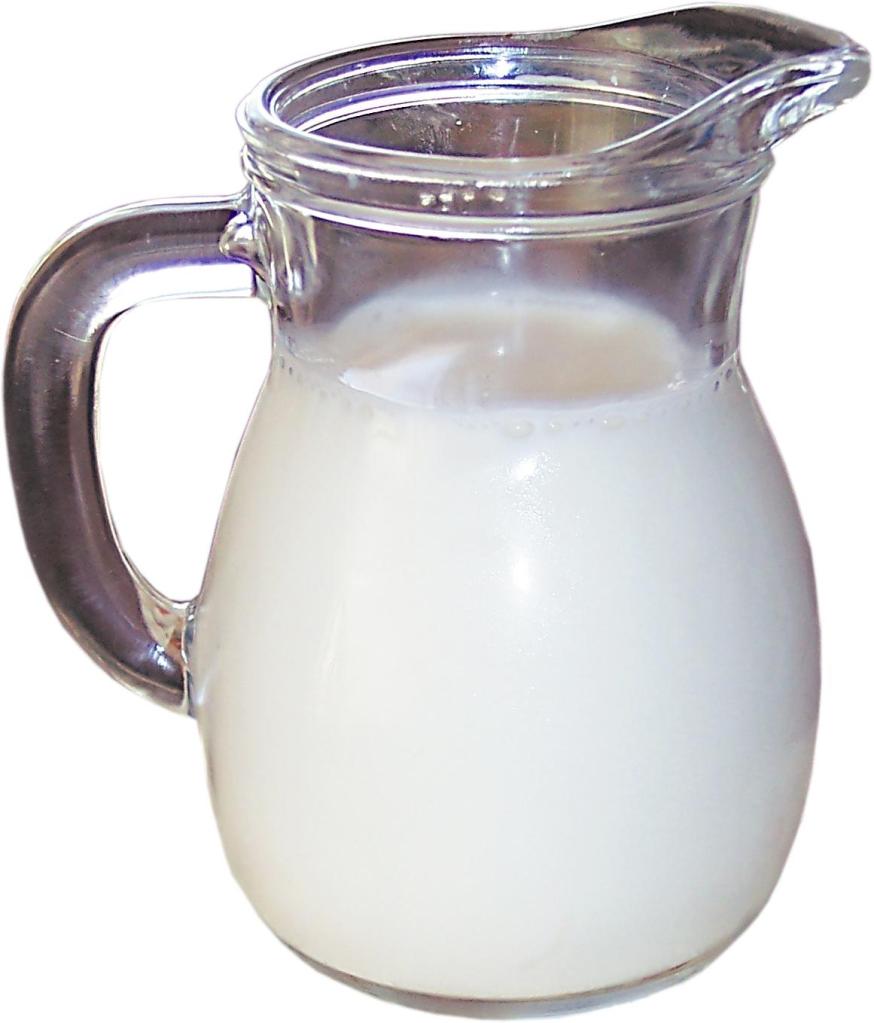Raw milk sales growing, despite health concerns
Published 10:48 am Friday, May 13, 2016

- (Stock photo/ MorgueFile)
BOSTON – Milk straight from the cow, unprocessed and unpasteurized, is a popular staple of the organic food movement, as more consumers swear by what they consider to be its health benefits.
In Massachusetts, they buy unpasteurized milk straight from the farmer, since sales are prohibited at markets and stores.
A proposal to change that, expanding the outlets for raw milk, is gathering support on Beacon Hill despite warnings of health officials who consider it hazardous. The Senate last week approved a bill allowing for expanded sales. The House is expected to take it up before the summer.
“One of the greatest advances in human history was pasteurization,” said Dr. Alfred DeMaria Jr., director of the Bureau of Infectious Disease Prevention at the state Department of Public Health.
“Before that, people got sick – and even died – from drinking raw milk,” he said. “It can be very dangerous if not handled properly, especially for young children.”
Raw milk is fertile for the growth of bacteria because it is not pasteurized — the process of heating milk to 161 degrees Fahrenheit for 15 seconds to kill harmful microorganisms such as salmonella, E. coli and campylobacter.
DeMaria said contaminated milk is dangerous because it doesn’t look, smell or taste different from pasteurized, store-bought milk.
Even some daily farmers said they’re concerned about making raw milk more openly available.
“People are hunting for it,” said Bruce Colby, who sells raw milk produced by the 20 cows he keeps on his Artichoke Farms operation in West Newbury.
“Milk straight from the cow has more fat and enzymes, which are good for you,” he said. “And 80 percent of people who are lactose intolerant can drink raw milk. Pasteurization kills just about everything.”
Most of the milk produced by Colby’s bovines goes to a local co-operative to be pasteurized. He also sells milk, before it is processed, to a local cheese-maker and to “anybody who pulls up the driveway,” he said.
But he worries about selling the raw product off the farm.
“It’s a raw product, and milk spoils easily in the heat,” he said. “If someone starts selling my products at farmers markets or somewhere else off the farm, I have no control over it, even though it has my name is still on it.”
“So, if someone gets sick, that’s going to come back to me,” he said. “I want to stay in business.”
Similar public health concerns led the U.S. Food and Drug Administration to outlaw the sale of raw milk across state lines nearly three decades ago. The Centers for Disease Control and Prevention, American Academy of Pediatrics and American Medical Association also advise people not to drink it.
But states may authorize and regulate raw milk sales within their borders.
Despite the risks, raw milk sales are legal in 30 states, with myriad restrictions on how and where it’s sold, according to the National Association of State Departments of Agriculture, which has tracked raw milk sales for decades.
At least a dozen states – including California, Pennsylvania and Utah – allow unpasteurized milk sales in supermarkets and retail stores.
Customers in Massachusetts, Missouri, Kansas and Nebraska have to buy it from a farm.
Raw milk drinkers boast of its health benefits. They also believe it has medicinal purposes.
“A lot of people with chronic health problems are seeking out raw milk because it has more fat and probiotics to boost your health and immune system,” said Kimberly Hartke, spokeswoman for the Campaign for Real Milk, which is part of the Weston A. Price Foundation, which promotes unprocessed foods.
Hartke said she drinks raw milk for it’s anti-inflammatory effects. She suffers from chondromalacia patella, a painful illness that involves the degeneration of her kneecaps.
“A dairy farmer once told me that raw milk is nothing but water and red blood cells,” she said. “It’s like giving yourself a secondary immune system by drinking it the natural way.”
But, as its popularity grows, so do stories of raw milk’s harmful effects.
Health officials have charted a rise in illnesses in recent years. From 2007 to 2012, the CDC reports 81 outbreaks of illness related to contaminated milk — an average of 13 per year affecting about 1,000 people and leading to 73 hospitalizations.
Between 1993 and 2006, there were an average of three outbreaks a year.
“If we allowed any other product with that safety record to be sold to the public without controls, we’d be accused of not doing our job,” DeMaria said. “It’s a hazardous food, and there’s no shortage of outbreaks to prove that.”
Warren Shaw, a fourth-generation dairy farmer and owner of Shaw’s Dairy in Dracut, also has concerns about the expanded sales of the raw product. Shaw’s dairy delivers pasteurized milk, vegetables, eggs and other farm-fresh products in Andover, Tewksbury and other towns.
“We would never sell raw milk to the public,” Shaw said. “We’ve invested a lot of money in food safety equipment to make sure that the milk we sell is bacteria-free. I’m not going to put my brand in jeopardy by selling raw milk to consumers.”
Senate President Stanley Rosenberg said lawmakers were “very divided” over the provision allowing for the expanded sales of raw milk, which was included in an agricultural bill. They ultimately decided it was “a question of choice.”
The legislation allows raw milk sales at farmer’s markets and via home deliveries in which the dairy farmer has a contract with the buyer.
The state Department of Agriculture would be responsible for coming up with regulations for the handling, packaging, storage, testing and transportation of raw milk, if the bill is approved by the House and signed by Gov. Charlie Baker.
“Consumers who buy raw milk are fully aware of what pasteurization and homogenization are all about,” said Rosenberg, D-Amherst said. “They’re going to look for it regardless of what people say and should be able to make a choice.”
Ed Davidian, president of the Massachusetts Farm Bureau Federation, said his group supports the move because it allows farmers to reach wider markets. But the group wants strict state oversight to ensure safety.
“If they were to ban raw milk, people are going to get it anyways … so it’s better to have regulations,” Davidian said.
Chris Flynn, president of the Massachusetts Food Association, said he doubts we’ll see raw milk on the shelves of major supermarkets and other retail outlets, despite what lawmakers decide.
He said the risks for larger retailers are too great and the demand too small.
“I don’t think there’s an appetite to get into retail sales of raw milk,” he said. “It’s really a niche market, at best.”
Christian M. Wade covers the Massachusetts Statehouse for CNHI’s newspapers and websites. Reach him at cwade@cnhi.com





